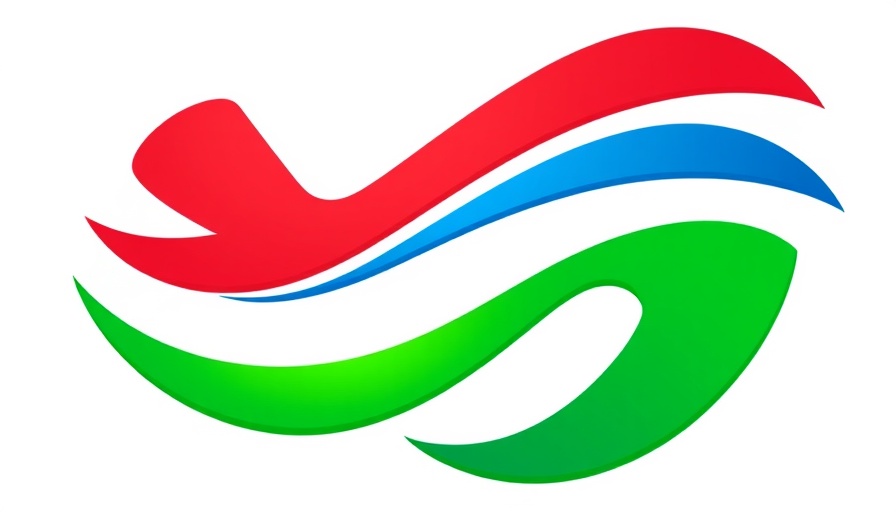
Urgent Need for Humanitarian Assistance in Tigray
Tigrayan refugees residing in Sudan staged a significant peaceful protest on July 17, 2025, at the Tenedba camp, highlighting the urgent humanitarian crisis they face. These refugees, many of whom fled the devastating conflict in Western Tigray, are demanding immediate international support as their living conditions deteriorate rapidly. They voiced their growing distress over severe shortages of food, medicine, and shelter, pleading for international intervention to avert a humanitarian catastrophe.
The Context of the Peace Agreement
The refugees expressed that their plight has intensified due to the stagnant implementation of the Pretoria Peace Agreement, which they believe is crucial for their return and recovery. Lt. General Tadesse Werede, the President of the Tigray Interim Administration, emphasized at a recent meeting with the UNHCR’s Country Director that the need for safe return is a humanitarian issue, transcending politics.
Escalating Conflicts Complicate Refugee Situations
Since the onset of the conflict in Tigray in November 2020, thousands of Tigrayans have sought refuge in eastern Sudan's camps amidst a landscape marred by increased violence between the Sudanese Armed Forces and the Rapid Support Forces (RSF). The rising turmoil has led to evacuations of humanitarian workers, further exacerbating the shortage of aid for the already vulnerable refugee population.
Human Rights Concerns and Calls for Action
Human Rights First Ethiopia has raised alarms about the dangers faced by Tigrayan refugees, urging for protection and relocation amid the ongoing conflict. They emphasize the necessity for urgent resettlement either back to Western Tigray or to third-party countries to ensure their safety.
Global Attention on the Crisis
The challenges faced by Tigrayan refugees are emblematic of broader issues impacting Africa's socio-political landscape. With thousands displaced and urgent calls for assistance, the world must not overlook the humanitarian implications of this crisis. It requires a concerted international response that addresses immediate needs while fostering long-term stability within the region.
As business leaders, policymakers, and stakeholders in Africa’s future of governance, recognizing the intersection of humanitarian aid and geopolitical stability is essential for fostering sustainable growth and peace across the continent. Now is the time for action—an opportunity for countries and international organizations to play a crucial role in alleviating these pressing challenges.
 Add Row
Add Row  Add
Add 


Write A Comment